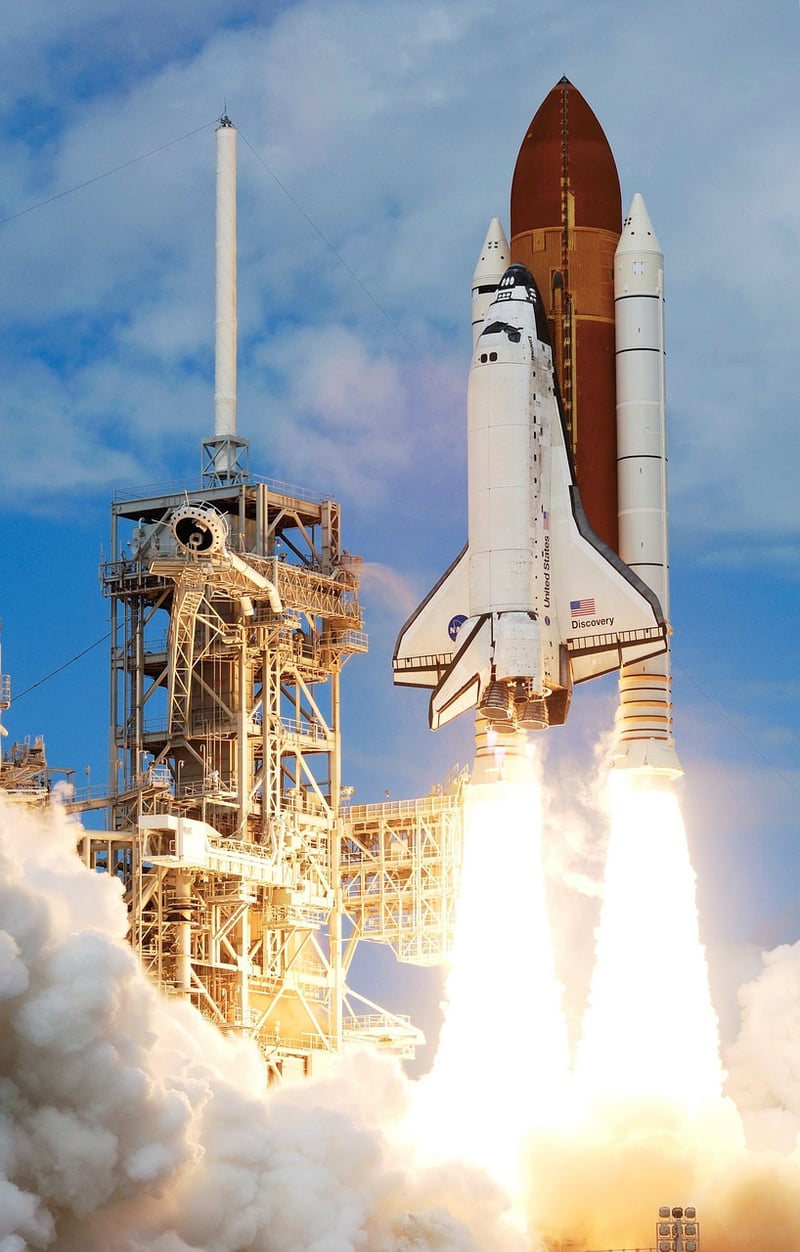Future Exploration
Exploring Different Eras and Future Exploration
Introduction
Human curiosity has always been a driving force behind exploration. From ancient times to the modern era, humans have ventured into the unknown in search of knowledge, resources, and adventure. Let's take a journey through different historical eras of exploration and delve into the possibilities of future exploration.
Ancient Exploration
Ancient civilizations like the Egyptians, Phoenicians, and Greeks were pioneers of exploration. They sailed the seas, traded with distant lands, and mapped uncharted territories. These early explorers laid the foundation for future discoveries.
Age of Discovery
The Age of Discovery in the 15th to 17th centuries marked a significant period of exploration. Explorers like Christopher Columbus, Vasco da Gama, and Ferdinand Magellan set sail to find new trade routes and lands. This era led to the discovery of the Americas and the circumnavigation of the globe.
Space Exploration
In the 20th century, humanity turned its eyes towards the stars. The Space Race between the United States and the Soviet Union led to landmark achievements like the first human in space, Yuri Gagarin, and the Apollo moon landings. Today, space agencies worldwide continue to push the boundaries of space exploration.
Future Exploration
The future of exploration holds exciting possibilities. From Mars colonization to deep-sea exploration, humans are poised to embark on new frontiers. Advancements in technology like AI, robotics, and virtual reality are revolutionizing how we explore the unknown.
Image Source: Pixabay

Conclusion
Exploration has shaped the course of human history and will continue to inspire future generations. By learning from the past and embracing innovation, we can unlock the mysteries of the universe and push the boundaries of what is possible.
